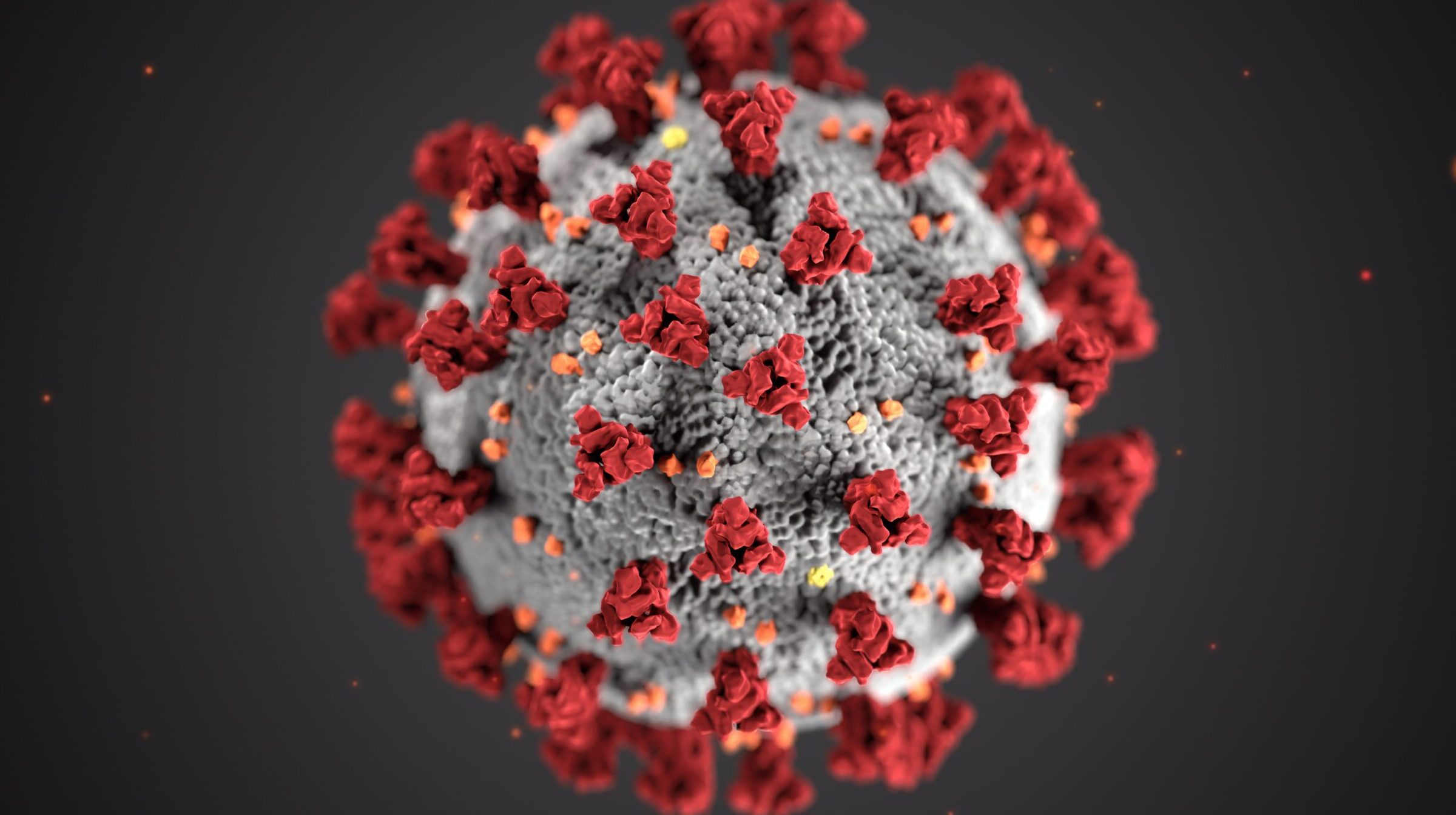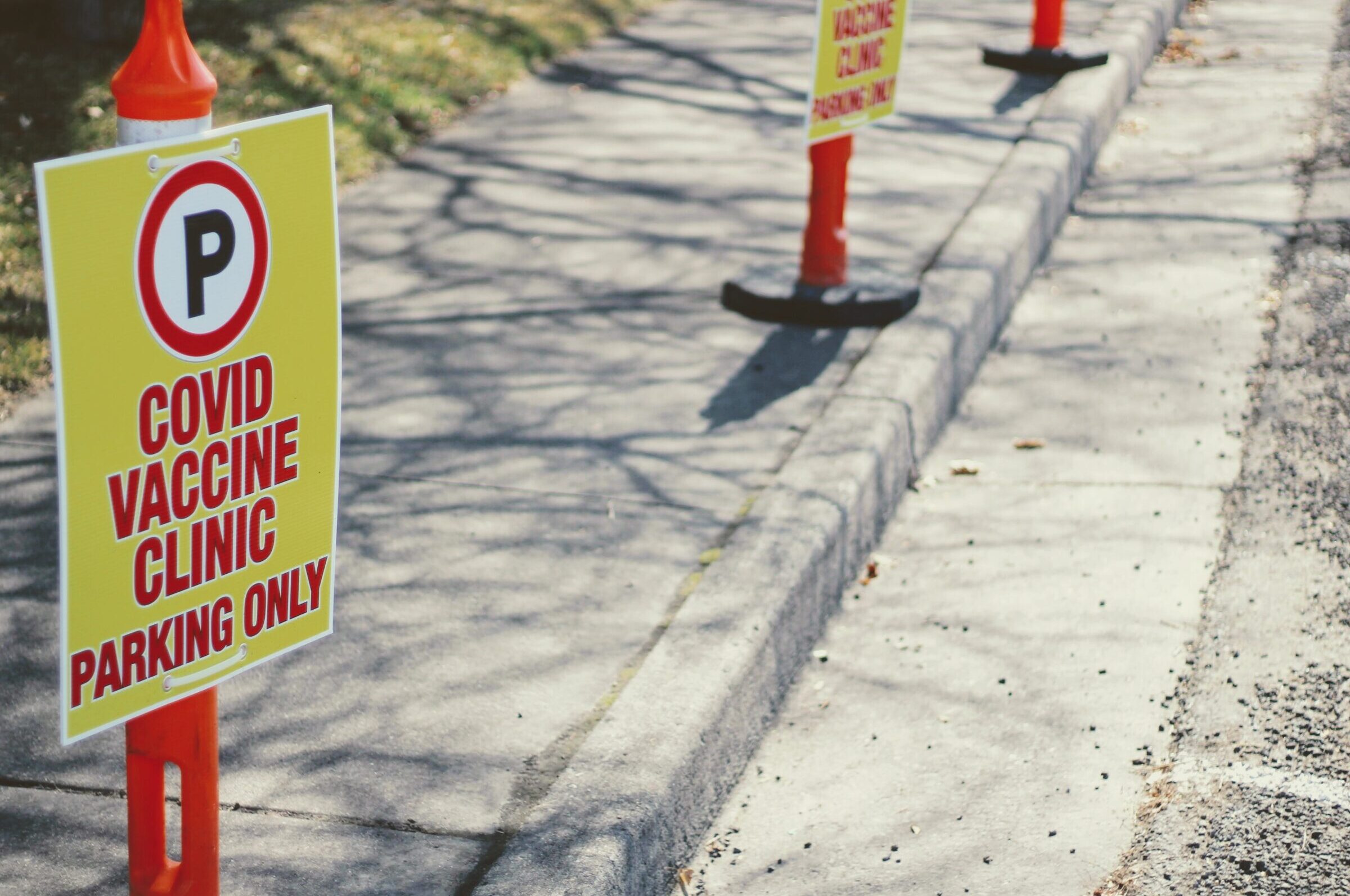Governments around the world have been thrust into the spotlight as they grapple with the formidable task of preventing the spread of COVID-19. In these unprecedented times, their role in safeguarding public health and containing this relentless pandemic cannot be overstated. From implementing strict measures to developing comprehensive strategies, governments have taken center stage in our fight against this invisible enemy. Join us as we delve into the different approaches governments have employed, assess their effectiveness, and explore the challenges they face in curbing the spread of COVID-19. So grab a cup of coffee and let’s dive right in!
The role of governments in preventing the spread of COVID-19
Governments play a crucial role in preventing the spread of COVID-19, acting as the guiding force in our battle against this global health crisis. They serve as information hubs, disseminating accurate and up-to-date data to keep citizens informed about the virus and its implications. Through public health campaigns and press conferences by health officials, governments ensure that people have access to reliable information on preventive measures such as wearing masks, practicing social distancing, and maintaining proper hygiene.
Governments are responsible for implementing stringent policies and regulations aimed at curbing the transmission of the virus. These measures can include travel restrictions, quarantine protocols for incoming travelers or those exposed to infected individuals, mandatory testing procedures, closure of non-essential businesses and schools. By enforcing these rules consistently and effectively across regions or countries, governments strive to limit community spread.
Furthermore, governments allocate significant resources towards bolstering healthcare infrastructure. They work tirelessly to increase testing capacity so that more individuals can be screened promptly. Additionally,…
The different strategies employed by governments to prevent the spread of COVID-19
Governments around the world have implemented a range of strategies to combat the spread of COVID-19. These strategies vary depending on the severity of the outbreak and the resources available. One common approach is implementing travel restrictions and border control measures to limit the entry of infected individuals into the country.
Another strategy employed by governments is widespread testing and contact tracing. By identifying those who have been in close contact with confirmed cases, authorities can quickly isolate and treat potential carriers, preventing further transmission. This approach has proven effective in countries like South Korea, where extensive testing has helped contain outbreaks.

Many governments have also imposed lockdowns or strict social distancing measures to reduce person-to-person contact. These measures aim to slow down the spread of the virus, relieve pressure on healthcare systems, and buy time for medical advancements such as vaccines or treatments.
Public health campaigns are another important tool used by governments worldwide. They provide information about preventive measures like hand hygiene, wearing masks, and maintaining physical distance. Clear communication from government officials helps build public trust while encouraging compliance with guidelines.
Furthermore, some governments have implemented mandatory mask-wearing policies in public spaces or enclosed areas where physical distancing may be challenging. Masks act as a barrier against respiratory droplets that could potentially carry the virus.
It’s important to note that these strategies come with their own set of challenges and limitations. Some communities may face difficulties complying with strict regulations due to socio-economic factors or lack of clear guidance from authorities.
Additionally, there is no one-size-fits-all approach; what works for one country may not work for another due to differences in population density or cultural norms.
In conclusion (as per writing instructions), it is evident that governments play a crucial role in preventing the spread of COVID-19 through various strategies tailored to their specific contexts. While no strategy guarantees complete success given unpredictable nature pandemic response should be adaptable based on evolving scientific understanding
The effectiveness of government strategies in preventing the spread of COVID-19
The effectiveness of government strategies in preventing the spread of COVID-19 cannot be underestimated. Since the outbreak began, governments all over the world have implemented a range of measures to curb transmission and protect their citizens.
One key strategy employed by governments is widespread testing. By conducting extensive testing, authorities can identify infected individuals and isolate them to prevent further spread. This approach has been crucial in controlling outbreaks and minimizing community transmission.
Another effective measure is implementing social distancing guidelines. Governments have imposed restrictions on gatherings, closed non-essential businesses, and encouraged people to stay at home as much as possible. These actions aim to reduce close contact between individuals and limit the opportunities for the virus to spread.
Moreover, mandatory mask-wearing has proven effective in reducing transmission rates. Governments have made it compulsory for people to wear masks in public spaces where social distancing may not be possible. This simple yet powerful measure has played a significant role in curbing the virus’s spread.
Furthermore, governments have prioritized vaccine distribution campaigns to ensure that a large percentage of the population receives protection against COVID-19. The availability of vaccines has provided hope for ending this pandemic once and for all.
However, despite these efforts, challenges remain in achieving complete effectiveness in preventing COVID-19’s spread. Variants of the virus pose new threats that require constant monitoring and adaptation of strategies by governments worldwide.
In conclusion
As we navigate through this global health crisis together, it is clear that government strategies play a vital role in preventing the spread of COVID-19. Their swift action with testing programs, social distancing guidelines, mask mandates, and vaccination campaigns are essential tools against this relentless enemy.
The challenges faced by governments in preventing the spread of COVID-19

While governments play a crucial role in preventing the spread of COVID-19, they are not without their fair share of challenges. The magnitude and complexity of this pandemic have presented unprecedented obstacles that require constant adaptation and decision-making.
One major challenge is balancing public health measures with economic concerns. Governments must find ways to protect their citizens’ health while also mitigating the negative impacts on businesses and livelihoods. Striking this delicate balance requires careful planning, effective communication, and timely implementation of policies.
Another challenge lies in managing public compliance with preventive measures. Governments need to ensure that their directives are understood by all segments of society and motivate individuals to adhere to them consistently. This can be particularly challenging when faced with varying levels of understanding, misinformation, or resistance from certain groups.
Limited resources pose yet another obstacle for governments in curbing the spread of the virus. Securing sufficient testing kits, personal protective equipment (PPE), medical supplies, and vaccines is essential but often difficult due to high demand worldwide. Additionally, allocating these resources fairly across regions or populations can present logistical difficulties.
Furthermore, international coordination presents its own set of challenges for governments dealing with a global pandemic like COVID-19. Cooperation between nations is critical for sharing information, best practices, and ensuring equitable access to treatments or vaccines. However, political tensions or differing priorities may hinder such collaboration at times.
Maintaining trust in government actions throughout the crisis has proven challenging for many countries as well. Constantly evolving situations can lead to confusion or skepticism among citizens regarding policies implemented by authorities. Building transparent communication channels and regularly updating protocols based on scientific evidence are crucial steps towards fostering trust within communities.
Governments have an indispensable role in preventing the spread of COVID-19 through various strategies such as implementing public health measures like social distancing requirements and mask mandates; facilitating widespread testing; promoting vaccination campaigns; and disseminating accurate information. However, they also face significant challenges in striking a
